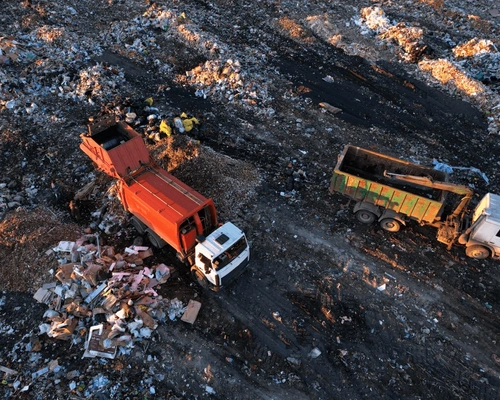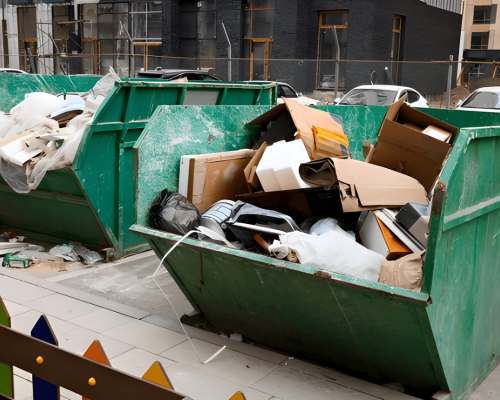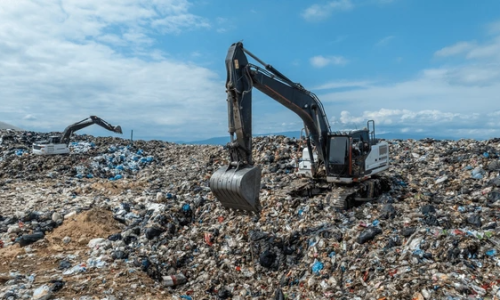
Reduce Landfill Waste With Smarter Skip Bin Hire in Murray Bridge
Reducing waste isn’t just a trend anymore — it’s a responsibility shared by households, builders, businesses, and local communities. Every renovation, clean-up, landscaping project, or construction job produces rubbish, and the way we manage that waste matters. At Mannum & Bridge Skip Bins, we help locals take a cleaner, more sustainable approach by offering skip bin solutions designed to Reduce landfill waste and support better disposal practices across the region.
When waste is sorted properly and collected efficiently, fewer materials end up buried in landfill. That means a healthier environment, cleaner neighbourhoods, and a more sustainable future for Murray Bridge and surrounding areas.
General Waste
Office/Business Waste
Factory Waste
Green Waste

Book a Services
Why It’s Important to Reduce Landfill Waste
Landfill sites are filling faster than ever. Many materials that could be reused, recycled, or repurposed are still being dumped unnecessarily. By choosing the right waste removal service, you can play a direct role in helping Reduce landfill waste while keeping your project site safe and organised.
Landfill waste creates long-term environmental challenges such as:
Soil and water contamination
Increased greenhouse gas emissions
Loss of recyclable resources
Limited space for future waste needs
The good news is that smarter waste disposal starts with simple steps — and the right skip bin partner.

How Mannum & Bridge Skip Bins Helps Reduce Landfill Waste
At Mannum & Bridge Skip Bins, our mission is not only to remove rubbish but also to make waste disposal more responsible and efficient. We work with local residents, builders, and businesses to ensure waste is handled properly from the moment it leaves your site.
Local Waste Solutions With a Sustainable Focus
Hiring a skip bin isn’t just about convenience — it’s about ensuring your waste is collected in a way that supports recycling and responsible disposal. Our services are designed to help customers Reduce landfill waste without added stress.
We provide:
Flexible bin sizes for any job
Fast delivery and collection
Clear guidance on acceptable waste types
Support for cleaner sorting and disposal
Waste Sorting Makes the Biggest Difference
One of the most effective ways to Reduce landfill waste is by separating waste correctly. When recyclable materials are mixed with general rubbish, they often end up in landfill even if they could have been reused.
Common Materials That Can Be Diverted From Landfill
Green Waste
Branches, grass clippings, leaves, and garden waste can often be processed separately instead of being dumped.
Concrete and Bricks
Heavy materials from demolition or renovation projects can frequently be recycled into road base or construction fill.
Cardboard and Packaging
Large volumes of clean cardboard from moving or deliveries should never go straight to landfill.
By keeping waste streams cleaner, you help us maximise recycling outcomes and further Reduce landfill waste across the Murray Bridge region.
Skip Bin Hire for Clean-Ups, Renovations, and Building Sites
Every project creates waste — the key is managing it responsibly.
Household Clean-Ups
Whether you’re clearing out an old shed, doing a spring clean, or preparing for a move, skip bins provide an easy way to dispose of rubbish while still supporting efforts to Reduce landfill waste.
Renovations and Extensions
Renovation waste piles up quickly: timber offcuts, plasterboard, tiles, packaging, and old fittings. With the right bin size and proper disposal, much of this waste can be handled efficiently instead of going to landfill unnecessarily.
Construction and Commercial Waste
Builders and businesses generate ongoing waste streams. Working with Mannum & Bridge Skip Bins ensures your waste is removed professionally while supporting cleaner waste outcomes and helping Reduce landfill waste on a larger scale.
Choosing the Right Bin Size Prevents Waste Overflow
Overfilled bins often lead to unsafe transport, extra pickups, and waste being dumped incorrectly. Selecting the correct bin size is another practical way to Reduce landfill waste and keep disposal organised.
Our range of bin sizes suits:
- Small home clean-ups
- Medium renovation projects
- Large construction jobs
- Commercial waste removal
A properly sized bin keeps waste contained, reduces mess, and improves sorting opportunities.
Responsible Disposal Starts With Local Expertise
As a trusted local provider, Mannum & Bridge Skip Bins understands the waste needs of Murray Bridge, Mannum, Tailem Bend, and surrounding areas.
We don’t treat waste removal as a one-size-fits-all service. We provide real guidance and reliable support so customers can make better disposal choices and actively Reduce landfill waste through everyday projects.
What You Can Do to Help
Load Waste Correctly
Place recyclable materials together and avoid mixing prohibited items.
Avoid Hazardous Waste
Chemicals, paint, gas bottles, and tyres require specialised disposal and should never go into general skips.
Ask Questions
If you’re unsure about what can go in your bin, our team is always ready to help.
Small decisions lead to big environmental improvements.
A Cleaner Murray Bridge Starts With Better Waste Habits
Every skip bin hire is an opportunity to make a difference. When locals choose responsible waste removal services, we collectively reduce landfill pressure and keep reusable materials in circulation.
At Mannum & Bridge Skip Bins, we are proud to support the community with skip hire services that prioritise sustainability, convenience, and professionalism.
If you’re planning a clean-up, renovation, or construction project, choose a service that helps you Reduce landfill waste while keeping your site clean and compliant.
Book Your Skip Bin Today With Mannum & Bridge Skip Bins
Waste removal doesn’t have to be wasteful. With the right bin, the right team, and the right approach, you can dispose of rubbish responsibly and help Reduce landfill waste across Murray Bridge and surrounding areas.
Contact Mannum & Bridge Skip Bins today and take the smarter step toward cleaner waste disposal and a healthier local environment.

